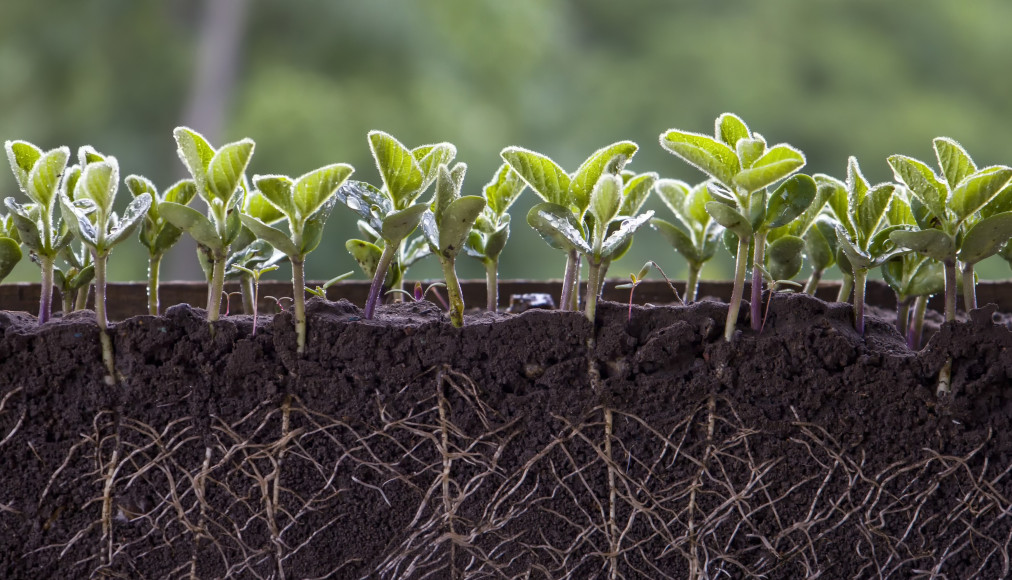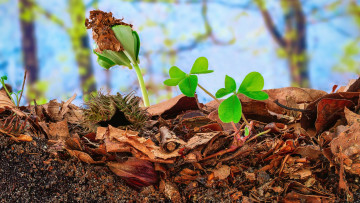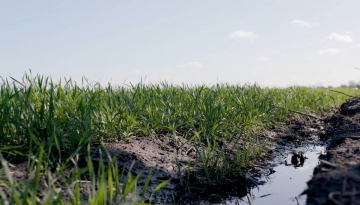Soil plays an important role in our society. It provides nutrients for crops, retains water and provides a habitat for various organisms. With World Soil Day, the United Nations therefore wants to highlight the importance of healthy soil and the need for sustainable soil management. By raising awareness around soil care, they aim to preserve soil health and ensure future generations have a sustainable, resilient soil.
Rising need for healthy soils
Soil feeds us, regulates water, provides raw materials and is home to countless organisms. However, in the past, soils have not always been treated with care, causing them to become polluted and degraded by human activities. These disturbed, degraded or polluted soils no longer function properly. And yet, just now, with climate change in mind, we need healthy and resilient soils. Sustainable soil management and soil care are therefore a must in the future.
What about soil remediation?
In recent years, there has been a strong focus on remediating soils contaminated in the past and preventing new soil contamination. A good example of this is the remediation of the 'Groot Fabriek' in Bocholt, which will start during 2024. In addition, there is also a growing awareness of the need to depave in order for soil to fulfil its functions. It is vital that we continue to do so. But it turns out that purification and depaving alone are not enough to make these soils healthy and functional again. What is definitely needed now is a new, necessary trend towards soil management that fully integrates care for the soil.
So what makes a soil healthy?
Healthy soil is resistant to climate change. It absorbs CO2 from the air and stores it as carbon (organic matter). In the future, we will face more frequent prolonged droughts and periods of flooding. Healthy soil can capture and retain water during rainy periods, providing a buffer for dry periods. Healthy soil also helps plants to be more resilient to drought through a well-developed root system.
Healthy soil is also bursting with life. It increases the overall biodiversity in an ecosystem, which in turn also has numerous functions. Soil life converts organic matter into plant nutrients, improves soil structure (less compactness, better aeration) and reduces the number of disease-causing organisms.
Soil care in practice
The concept of 'soil care' is very broad and can be used in any project that involves soil. Soil care comprises, for instance, preventive protection, sustainable and regenerative use or management and restoration of living soil and its ecosystem services. This includes construction projects, ground movement, nature developments, brownfield developments or remediation.
By taking care of our soils, we work towards a pollution-free future with healthy food, climate-resilient ecosystems and rich biodiversity. We see soil care as a true investment in a sustainable future.
Want to know more about soil care?
We are happy to help!





